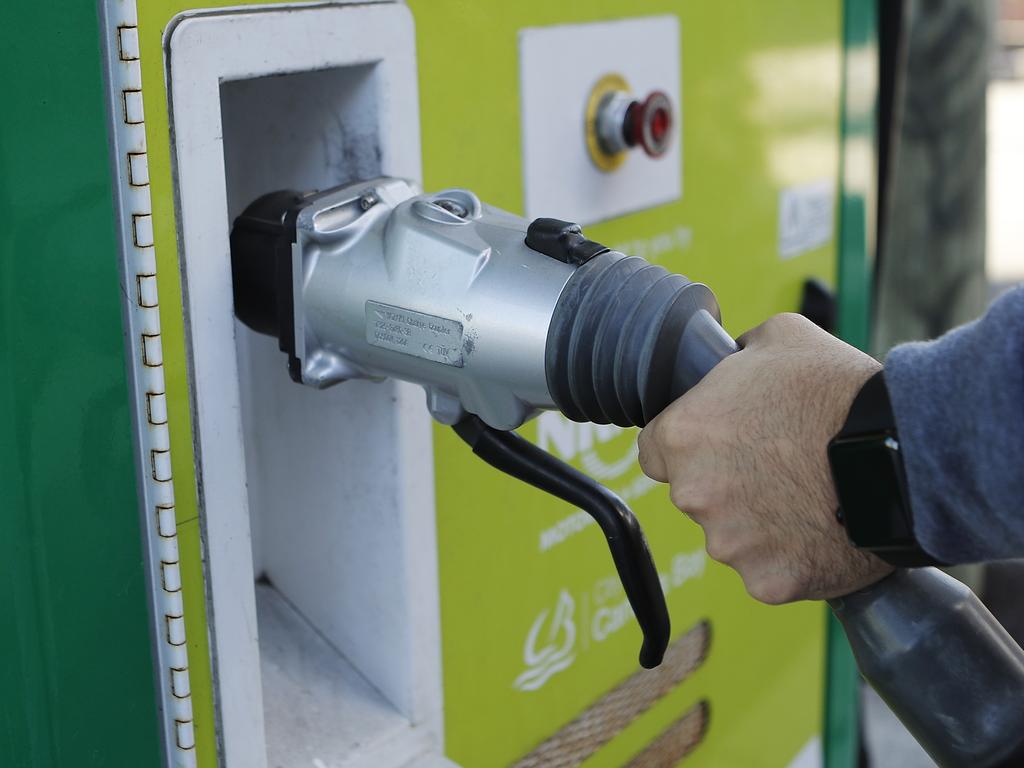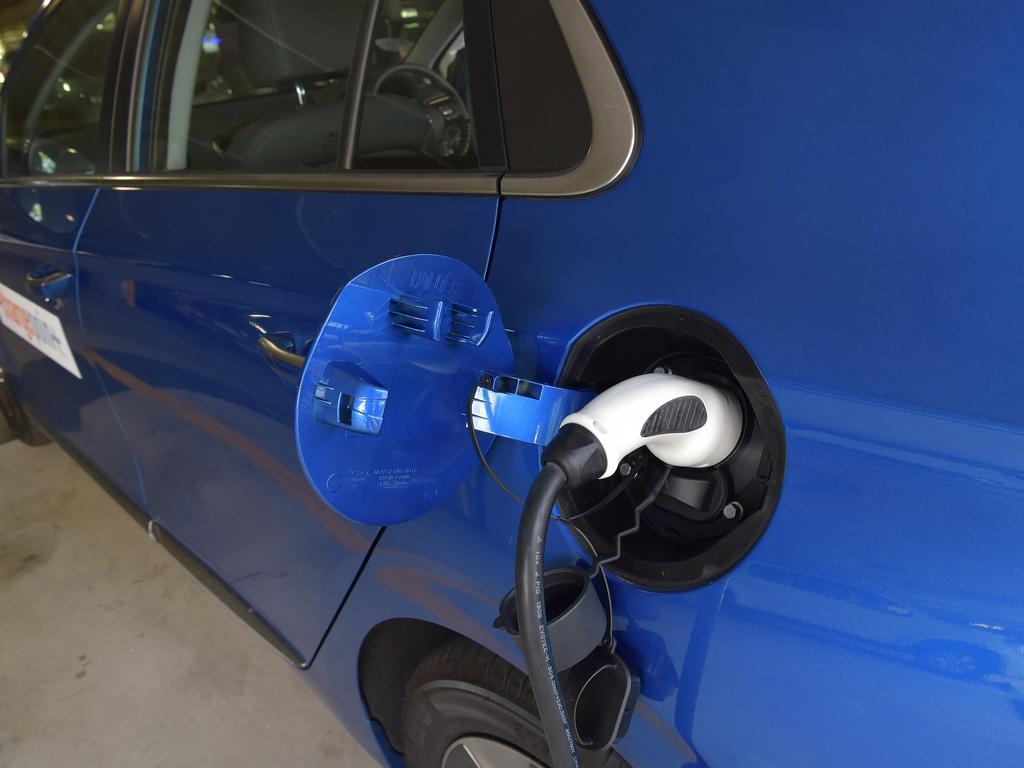‘We don’t have a second to waste’: Australia lags behind world on one thing
Australia is falling far behind the rest of the world in one area that comes at a huge cost, a senate committee has been told.
Australia is lagging behind the rest of the world on electric vehicle uptake, but removing the fringe benefits tax to make them cheaper will be a massive help, a senate committee has been told.
Climateworks Centre project manager of transport Rachel Lynskey told the committee on Tuesday that Australia’s electric vehicle sales were growing – but only slowly.
“We increased from 0.8 per cent of new cars in 2020 to 2 per cent being electric vehicles in 2021,” she said.
“EV uptake is tracking at around 10 per cent globally and as high as 70 per cent in Norway.
“Achieving higher EV uptake is really possible with the right national policies in place. This includes policies to reduce the cost of EVs and boost supply into the Australian market.
“While we are behind global uptake, Australia can really draw from successful EV policies around the world.”

Ms Lynskey made two recommendations to the committee – reduce the upfront cost of electric vehicles and put in place direct subsidies, discounts or exemptions on taxes.
She said reducing the fringe benefits tax was critical because it slashed upfront costs and could therefore help business and government fleets to transition to electric vehicles.
Fleets made up 50 per cent of annual new vehicle sales in 2020, while fleet vehicles also flowed through to the second-hand market for households, she added.
Ms Lynskey said the reduction of the fringe benefits tax should be restricted to zero emission vehicles rather than including hybrids.
“Really, we’ve moved on essentially from the hybrid vehicles now,” she said.
“Acceleration of battery electric vehicles are now a much more mature and ready technology.
“In the coming five years or so, we’ll also see the price of those vehicle battery electric vehicles come down.”
Ms Lynskey also said Australia could learn from New Zealand.
“We’ve seen places like New Zealand achieve very high electric vehicle uptake in a very short amount of time by putting in place policies that incentivise and support the import of electric vehicles,” she said.

The Federal Chamber of Automotive Industries has also backed the government’s proposal but has encouraged further steps too.
The chamber recommended parliament consider other measures, including implementing a mandatory new car CO2 regulation and non-financial incentives, such as free parking and charging.
Australian Finance Industry Association senior policy adviser Sebastian Reinehr told the inquiry the group also backed the government’s proposal to remove fringe benefits tax from zero and low-emission vehicles.
Its membership includes more than 13 fleet companies that provide about 700,000 ongoing leases, including 175,000 novated leases.
“As Minister Bowen has said on many occasions, the time for action is now — we don’t have a second to waste,” Mr Reinehr said.
“It will be impossible to address emissions and counter climate change without providing more incentives for motorists to move to cleaner, greener forms of personal transport.”
Mr Reinehr made nine recommendations, including increasing the threshold for eligibility for the proposed fringe benefits tax exemption, expanding the scheme to vehicles other than cars, and better including second-hand vehicles in the scheme.




